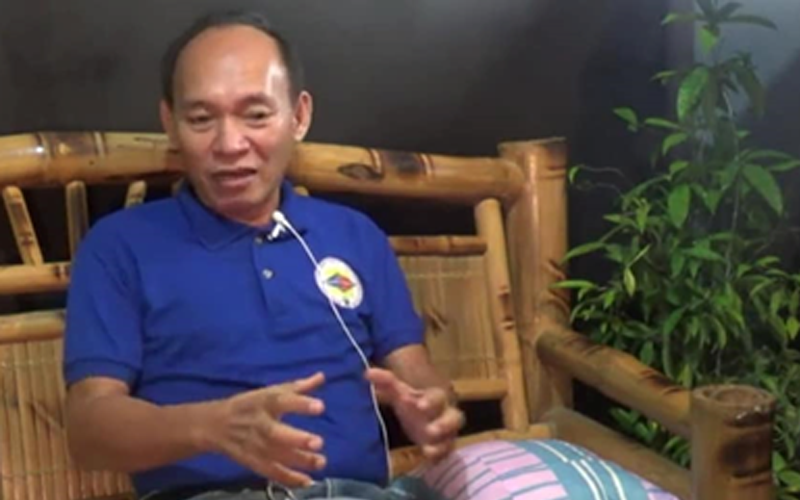
WITH open arms and a bundle of irresistible package of assistance dangling from his hands, a key tourism transport official here invited colorum transport operators who are moonlighting in tour transport to go legal by joining the cooperative.
Instead of getting mad at the unfair competition these private vehicles serving without the necessary franchise and accreditation from appropriate government agencies, Bohol Transport Cooperative chair Joselino Jojo Baritua, said they can help by making their operations legal.
Speaking at the Kapihan sa PIA Friday, Baritua, who also sits as Provincial Tourism Council Tourist Transport Committee head, revealed that of the over 500 units of vehicles operating from over 30 Department of Tourism (DOT) accredited tourist transport providers, a much bigger number is running their business as usual using private vehicles in their colorum businesses.
In the past, the tension between the DOT accredited and the colorum vehicle operators has caused a rift as colorum vehicle drivers accept tours at a cheap price in unfair competition.
Normally, vehicles obtained at zero-down-payment schemes and offered for private use do not get Land Transportation and Franchising Regulatory Board franchise and Department of Tourism accreditation.
All they need is to recover the cost of fuel and the day’s driver’s pay.
Moreover, illegal tourist vehicles swoop down and beat the legal operators to the draw through several schemes, scams and blatant ploys.
For Baritua, instead of slamming the doors on these nefarious schemes, he said, “We do not close the doors, kay lahi man gud, probably they have not seen the right group, association or cooperative nga ilang apilan.”
Some of the new players in the tourist transport sector have no idea that they would need the LTFRB franchise and DOT accreditation, only to find that there are no more available slots in the cooperatives memberships.
Baritua cites a relevant administrative order and the Omnibus Franchising Guidelines in relation with the Public Utility Vehicles Modernization Program which ordered on the tourism transport side, that a tourist transport operator be granted a LTFRB franchise and eventual DOT accreditation when he can register 10 brand new vehicles for accreditation.
Colorum vehicle owners see this as a major obstacle in registering their units, discouraging them.
The solution then is for these small unit operators to organize themselves and join existing cooperatives, associations or corporations to be assisted to be legally registered.
But then, several registered cooperatives have closed their memberships, and only when a unit could not be registered will an opening come. Here, the new member would have to pay the franchise of the exiting member.
The current price is P50,000, according to Baritua.
“Because of this, lots of discouraged players and are now operating without accreditation,” he said.
A much cheaper option for these individual private vehicle owners is to join us at Bohol Transport Coop, with a minimal membership of P500, he dangled the bait.
Emphasizing that sustainable tourism in Bohol can only work with everyone helping each other, the tourist transport official asked what would happen when a colorum vehicle meets an accident?
Without the insurance coverage for vehicles for hire, the tourist can get short-changed on insurance claims and compensation.
“In the coop, we have liaisons who would be making sure all members’ vehicle documents are in order, franchise and accreditation active and spare the owners of the hassle of following up registrations, franchise applications and all paper works,” he promised.
Seeing a huge challenge in the operation of colorum vehicles, he however has some optimism to offer.
He pressed that the sector is working in line with the government’s goal of inclusive economic recovery, and that they can help make things right.
To tourists and to locals, as a matter of advice, he said make sure that you’re riding a legally compliant transport, for your peace of mind.
And to tourist transport players, he urged. Let us help protect our industry, because whatever happens, it is the image of Bohol at stake. (RAHC/PIA-7/Bohol)

